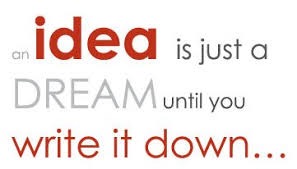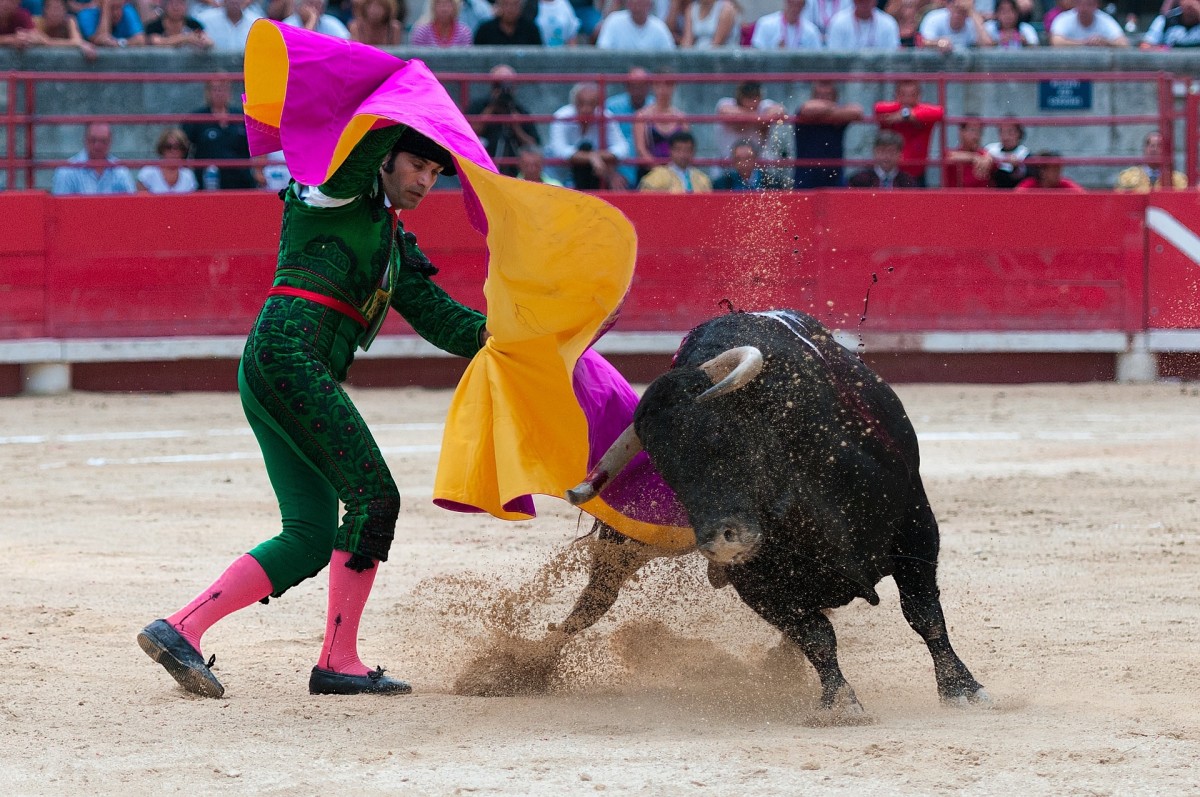Introduction to Fencing 104

Introduction
This segment is directed to new fencers just starting out perhaps members of a school team. It is a good recommendation for all who intend to compete in this sport. The ideas I present is not new or novel. In fact, it is a tried and true method to succeed in anything in life.
- Aug. 2017
Keeping a Log
I wish someone had told me this when I first started fencing in my freshman year.
Question? Is fencing a team sport or an individual sport?
Answer – Both.
It is a competitive sport that is both team and individual. Each athlete competes one on one against a member of the opposing team. The total number of bouts won or loss determines the outcome of the team or meet.
Within the team of fencing, there are 3 weapons – Foil, Epee and Sabre. Each teammate usually fences one weapon only.
There are 3 members in each weapon that are the starters.
A round robin of bouts among each weapon will produce 9 bouts. In any tournament, there are a total of 9 times 3 or 27 bouts that determines the final score.
As an individual fencer, you only need to focus on the top 3 opponents of the team you are competing against. Suppose you have a schedule of 8 teams through out the regular season. That means there are roughly 24 individuals that you need to keep track of.
Because each person is an individual, and with different skills and attributes, you need to adapt your strategy against them.
Keeping a log is one way to do this. It is not the only way but recommended. We all don’t have a perfect memory. You need to find the best method that works for you. Some will want to keep a detail description but others may only jot down some simple attributes as a reminder.
Some typical attributes includes the following.:
- Tall or short
- Right or left handed
- Fast or medium fast
- Strong or average
- Offensive or defensive posture
- Special skills
- Some weakness
- Score in bout, win/loss
At the start of the season, start with a clean slate. Put yourself at the bottom of the 24 names or so. As you compete against each team, you can move yourself up the ranking depending how well you did against a particular opponent.
Even when you are not competing, you can watch and observe these opponents as they fence against your teammates. You can learn by watching their moves… how they react to certain actions and notice their modus operandi.
Why is this necessary or helpful?
This is a simple life lesson that applies not only to fencing but to all areas of your life and career. It was taught to me by reading a book years ago.
The simple act of writing it down and putting it on paper has the power to change things.
This can be as simple as a “to do” list or as complex or profound as your life goals.
It is like a plan or playbook or a travel itinerary. You can only reach your destination if you know the path.
Suppose you tell me you just don’t know yet. That is fine. Write down what you wish for - a wish list. This will have a similar effect. You can only get in life what you ask for…
This simple act of asking may lead to something. If you don’t ask, how will people know what you want? You may not get it, but at least you tried.
Fencing is a great sport but it can be much more… Just like baseball or football, a team sport will develop your interactions with other people and will help you later on in life, both in your personal and professional relationships. You will feel a bond that connects you to a larger group, with a common purpose.
Fencing is also a thinking sport. It has been compared to playing chess on your feet. You need to strategize on the fly and try and out smart your opponent by thinking two steps ahead.
Finally, it is important to have fun, win or lose, be respectful of others and that is also a life lesson. Treat everyone as you would want to be treated, especially your opponent. It is the Golden Rule.
Summary
This simple concept really works. My own belief is that it is psychological. The mind does have some control over your body. By putting an idea to paper, it crosses a threshold from a dream to reality. It is almost like putting an emphasis on something that is swimming in your head. It is saying to yourself "this is important..." or "this is what I want..." The simple act of asking may lead to a positive response.
© 2017 Jack Lee







